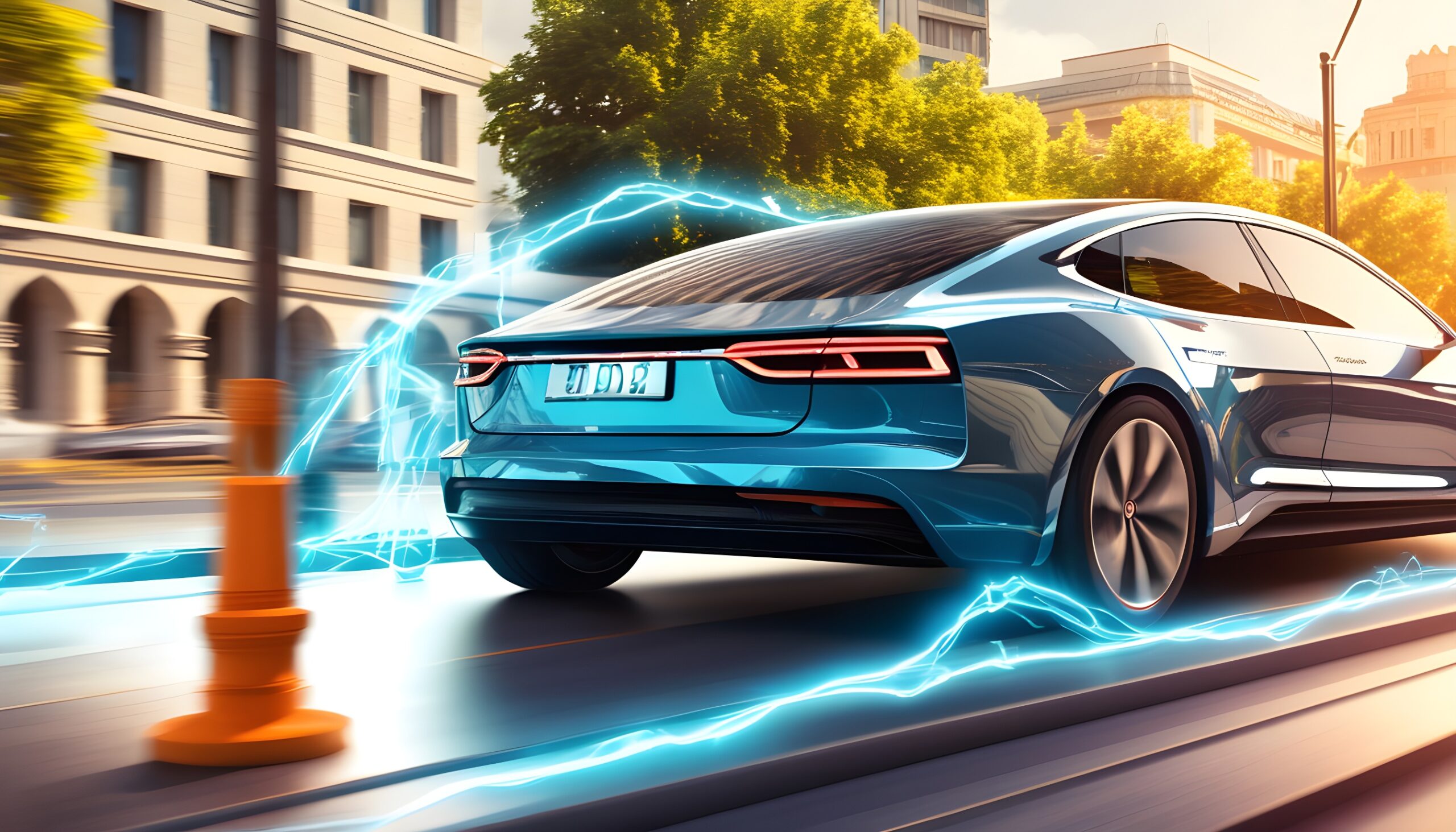Electric Car Charging Efficiency

Introduction
In the dynamic realm of electric vehicles (EVs), the key to an unparalleled driving experience lies in the optimization of the charging process. we recognize the critical role efficient electric car charging plays. This comprehensive guide delves deep into the intricacies of electric car charging, furnishing actionable insights to not only maximize efficiency but also minimize charging time.
Decoding Electric Car Charging Times
Influential Factors on Charging Speed
To truly understand the duration required to charge an electric car, it’s imperative to weigh various factors that influence charging speed. These factors encompass:
- Charging Infrastructure: The type of charging station emerges as a pivotal factor. Level 1, Level 2, and DC fast chargers boast distinct speeds. This guide meticulously explores these options to equip you with the knowledge necessary for astute decision-making.
- Battery Capacity: The dimensions and capacity of your electric car’s battery wield a direct influence over charging times. We provide comprehensive guidance on interpreting your vehicle’s battery specifications and their correlation with charging efficiency.
State of Charge: The current charge level of your EV is another variable affecting charging speed. Insights into how the state of charge shapes the charging process are provided, along with strategies to navigate this for heightened efficiency.
Varieties of Electric Car Charging Stations
Level 1 Charging: Standard Home Outlets
Level 1 charging harnesses the power of standard home outlets and stands as the most leisurely charging option. While optimal for overnight charging, it might not align with every need. Delve into the benefits and limitations illustrated in the diagram below:

Level 2 Charging: Residential and Public Stations
Level 2 charging offers a swifter alternative, well-suited for both residential and public charging stations. Explore the advantages and considerations associated with Level 2 charging:
DC Fast Charging: High-Speed Charging
For those in pursuit of rapid charging solutions, DC fast charging emerges as the answer. While not universally available, understanding its capabilities is crucial for efficient EV charging:
Strategies for Accelerated Electric Car Charging
Now armed with knowledge about charging types and influencing factors, let’s explore practical strategies to turbocharge the speed of your electric car charging:
- Optimal Charging Times: Grasp off-peak hours for accelerated charging and potentially reduced electricity costs.
- Battery Management: Execute intelligent charging practices and leverage your EV’s built-in features for efficient battery management.
- Charging Network Apps: Harness the power of charging network applications to pinpoint available stations, check charging speeds, and strategically plan your routes.
Conclusion
Efficiently charging your electric car stands pivotal for a seamless driving experience. By unraveling the nuances of charging types, and influencing factors, and implementing strategic charging practices, you can optimize charging times and contribute to a sustainable future. At [Your Company], our commitment remains unwavering, empowering you with the knowledge necessary to make informed decisions for your electric vehicle. Drive on, powered by efficiency.
- What is a Fast Charging Station for Electric Cars?
- A fast charging station for electric cars is a specialized facility equipped with high-power chargers designed to significantly reduce the charging time compared to standard charging points.
- How Long Does It Typically Take to Charge an Electric Car at a Fast Charging Station?
- The charging time at a fast charging station can vary based on the station’s power capacity and the electric car model. However, in general, it usually takes approximately 30 minutes to charge an electric car to 80% capacity.
- What Factors Influence the Charging Time at Fast Charging Stations?
- Several factors affect the charging time, including the electric car’s battery capacity, the state of charge when you begin charging, the charging station’s power output, and the specific fast-charging technology employed.
- Do All Electric Cars Use Fast Charging Stations?
- Not all electric cars are equipped to utilize fast charging stations. It depends on the car model and whether it is compatible with the fast-charging technology provided by the station.
- Can I Use Fast Charging Stations for Regular Charging Needs?
- While fast charging stations are designed for quick top-ups, they can also be used for regular charging. However, it’s important to note that frequent use of fast charging may impact the overall health of the battery over time.
- Are Fast Charging Stations Easily Accessible?
- Fast charging stations are becoming increasingly accessible, with a growing network of stations in urban areas, along highways, and at various public locations. Many electric vehicle (EV) manufacturers provide apps or online maps to locate nearby fast charging stations.
- How Does Charging Speed Vary Among Different Fast Charging Stations?
- Charging speed can vary among different fast-charging stations based on their power output. Some stations offer higher charging speeds than others, so it’s beneficial to be aware of the capabilities of the charging infrastructure in your area.
- Are There Different Types of Fast Charging Technologies?
- Yes, there are different fast charging technologies, including CHAdeMO, CCS (Combined Charging System), and Tesla Superchargers. The compatibility of your electric car with these technologies depends on its specifications.
- Can I Leave My Car at the Fast Charging Station After It’s Fully Charged?
- To ensure fair usage and accommodate other electric vehicle users, it’s recommended to move your car promptly after it’s fully charged. Many charging stations may have policies or fees associated with prolonged parking after charging completion.
- Is Fast Charging Suitable for Every Electric Car Journey?
- Fast charging is ideal for long journeys where quick top-ups are needed to extend the driving range. For daily commuting and regular charging needs, standard home or workplace charging may be more convenient.



